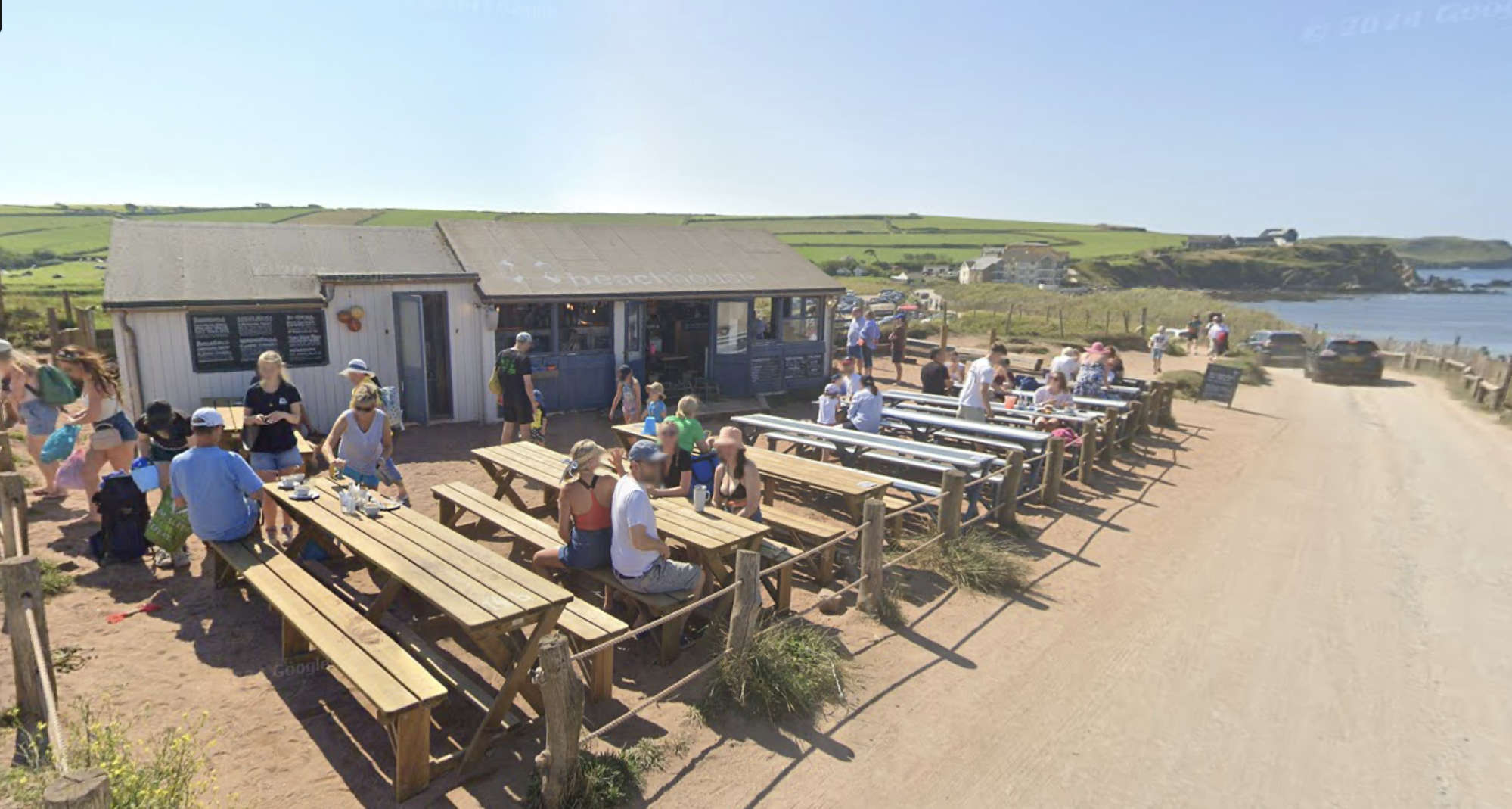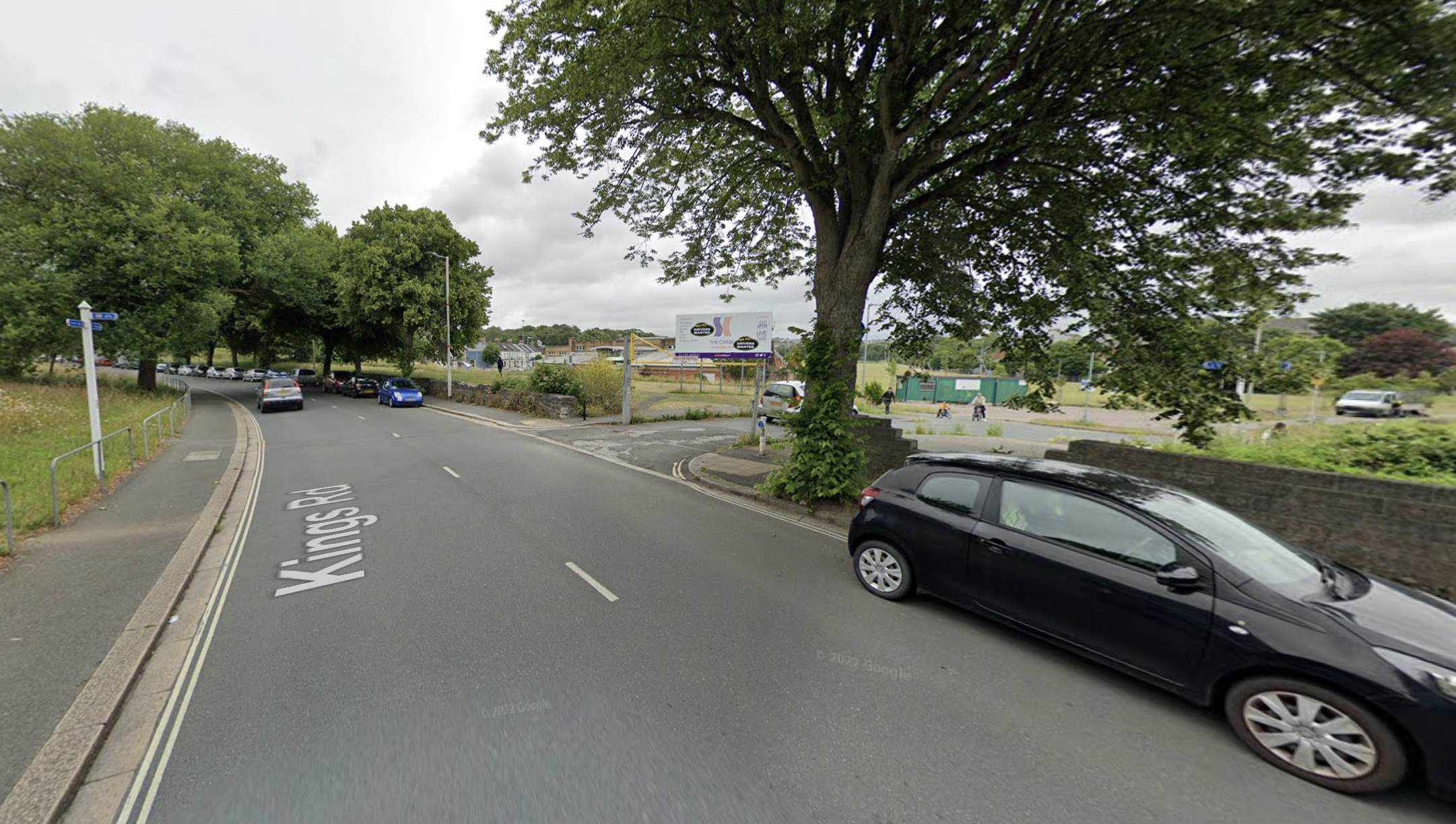
The closure of Clifton Hill is partly to blame
David Hodgson, the council’s chief finance officer, told the executive committee that the projected year-end balance for the council’s General Fund is £2.603 million, which is below the recommended minimum level of reserves for the Council to hold.
As senior council officers have said that the minimum level of reserves must be maintained, one-off in-year spending reductions will have to be found, although no details as to how the shortfall will be addressed has yet been determined.
However, Mr Hodgson said that it was the loss of projected income that the council had budgeted for from the Clifton Hill sports centre closure that were not due to receive after its damage during the Beast from the East, and not the specific council decision to close it, that was caused the dipping below the minimum level of reserves.
Exeter City Council’s executive committee noted the report without a single member of the committee or any member of the council present wishing to speak or comment on it.
Councillors were also warned that they are obliged to consider the councils finances in all future decisions and careful scrutiny of spending is essential.
Mr Hodgson said: “When the new management team came in and in order for them to have enough time to be able to look at our revenue budgets and the savings that we need to make, we did use a lot of reserves this year so they didn’t have to make savings in a knee jerk fashion this year.
“We brought the reserves down to a level close to the minimum level of reserves, and that was planned to give us the time to look at sensible reductions to the budget over a longer period of time. However, it did mean we were vulnerable to shocks and unexpected items of expenditure and we have had a number of those.”
Among those shocks were that the pay award was slightly higher than anticipated, and that Clifton Hill sports centre closed.
Mr Hodgson said: “Regardless of the council decision to permanently close Clifton Hill sports centre, there was an income associated from it that we had budgeted for that we are not going to receive.”
He added: “This has put us looking like we are going to dip below the minimum recommended level of reserves and we need to take action to ensure that reserves do not breach the minimum required.
“We need look and our spending and try and identify some areas and some one-off in year reductions to keep within the budget that we have set.
“The key message is that there is some work to be done and that work is being undertaken. The Strategic Management Board are working with Service Leads to identify spending reductions to address this.
“I am confident that when we report back to you, we will have a clear path as to how to bring this can to the minimum level of reserves and that we can achieve these reductions.”
The council’s monitoring office in the report to the committee added: “Essentially this is the first warning that our reserves may not be sufficient to meet future unknown liability and therefore very careful control and scrutiny of the council spend is essential. Councillors are obliged to consider the councils finances to ensure that funding is a central element of all decision making.”
The fate of Clifton Hill Sports Centre came under the spotlight after it had been shut since March due to heavy snowfall which caused a major leak in the roof.
It was then confirmed in June it would not reopen because the council said the cost of repairing the building was estimated to be in the region of £700,000, and would have taken up to a year to complete.
Campaigners have persistently asked why the decision to close and sell Clifton Hill was rushed through so quickly, with only 24 hours between the council’s executive meeting and the (extraordinary) full council meeting.
However, ECC have stated the decision was made ‘in line with the council constitution’, because the executive papers for the meeting on June 12 were made public on June 6, and council papers for the meeting on June 13 were made public on June 7.
The council says it also acted in accordance to its constitution regarding its decision not to go through the usual scrutiny committee.
 Large fire at Devon beach café
Large fire at Devon beach café
 Torbay solar farm decision makers told to think again
Torbay solar farm decision makers told to think again
 Devon MPs demand coronary care re-think
Devon MPs demand coronary care re-think
 Man and woman found dead in Exmouth
Man and woman found dead in Exmouth
 Teenager taken to Bristol Children's Hospital following collision
Teenager taken to Bristol Children's Hospital following collision
